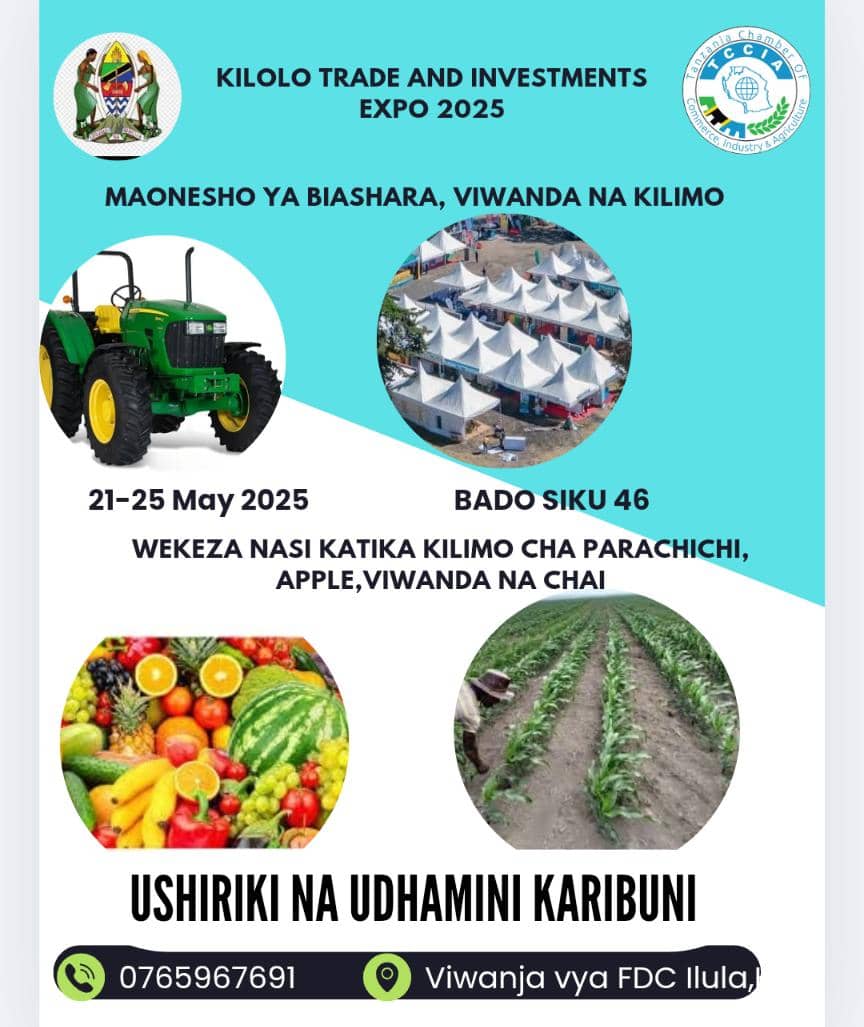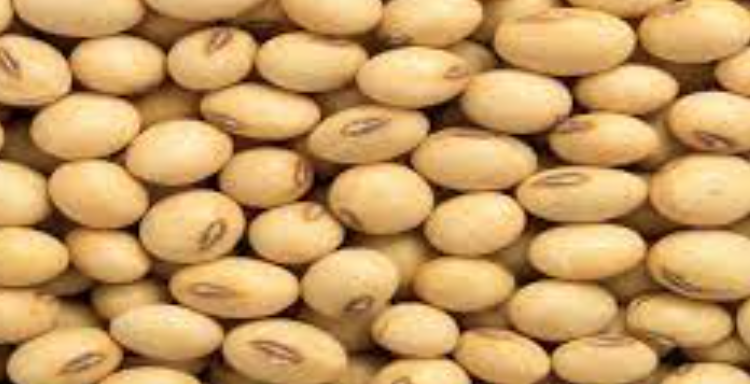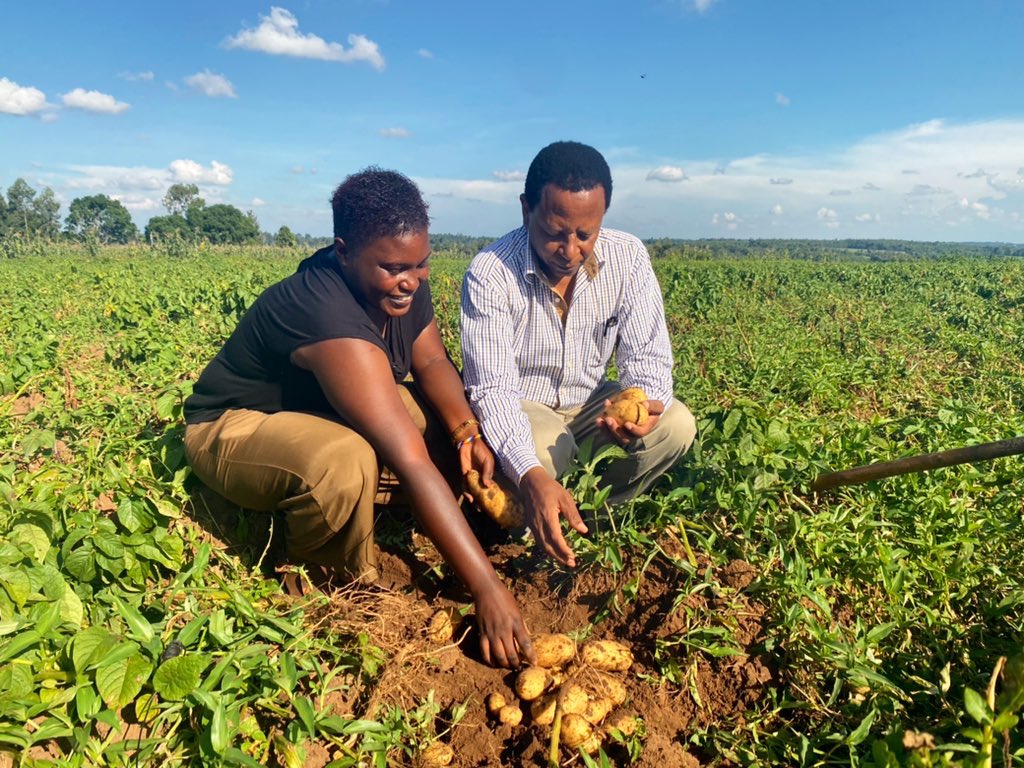
April 15, 2025
by Kilimo Tanzania
Ilula, Kilolo – April 16, 2025 With just over a month to go before the Kilolo Trade and Investment Expo 2025, Kilolo District Commissioner Hon. Rebecca Nsemwa is rallying stakeholders, the media, and the business community to support and participate actively in this transformative event. Ahead of a high-level preparatory meeting on April 16, 2025, […]

April 13, 2025
by Kilimo Tanzania
Dar es Salaam, April 13, 2025 – In the heart of Tanzania’s bustling financial sector, a new institution has emerged with a promise to reshape banking for the underserved. Coop Bank Tanzania, officially launched on October 1, 2024, represents not just a merger of two regional banks but a continuation of a century-long legacy of […]

April 4, 2025
by Kilimo Tanzania
In the heart of Makueni County, mango farming has transcended beyond mere agriculture—it has become a lifeline transforming the region’s economic landscape and significantly elevating the livelihoods of thousands. Once a crop undervalued and sold at distressingly low prices, mangoes from Makueni now command respect and profitability, thanks to strategic investments, innovative processing methods, and […]

April 2, 2025
by Kilimo Tanzania
Date and Location: May 21-25, 2025, at the FDC Ilula grounds in Kilolo. The Kilolo Trade and Investments Expo 2025 is set to open its doors from May 21-25 at the FDC Ilula venue, promising five days of vibrant business interactions, learning opportunities, and showcases of technological advancements in agriculture and industry. Focusing on Agriculture […]

March 23, 2025
by Kilimo Tanzania
Dar es Salaam, Tanzania – March 22, 2025 In a landmark move to reshape the future of water security in Tanzania, President Dr. Samia Suluhu Hassan has officially launched the revised National Water Policy 2025, signaling the government’s unwavering commitment to ensuring clean and reliable water access for all citizens. Speaking during the World Water […]

March 19, 2025
by Kilimo Tanzania
By Juma Msafiri Mr. Wilfred Mushobozi has emerged as a transformative figure in Tanzanian agriculture, particularly within the Arusha region, where his leadership continues to inspire change. As the Chief Executive Officer of Crop Bioscience Solutions, he is at the forefront of addressing the myriad challenges that impede agricultural productivity and food security in developing […]

March 17, 2025
by Kilimo Tanzania
Kilimokwanza.org Reporter Tanzania is making strides in soybean production, yet the industry remains an untapped goldmine with immense potential. In 2023, the country exported $92.7 million of soybeans, making it the 18th largest soybean exporter globally and ranking it as Tanzania’s 16th most exported product. The primary export destinations were China ($37.4M), India ($33.4M), Pakistan ($19.8M), Rwanda […]

March 9, 2025
by Kilimo Tanzania
East Africa is currently facing a severe drought, with drier-than-usual conditions expected to persist between January and March 2025. This follows a period of mixed rainfall patterns from October to December 2024, with deficits in central Somalia and northeastern Kenya, and wetter-than-average conditions in other parts of the region. The drought has had a significant […]

March 9, 2025
by Kilimo Tanzania
KILIMOKWANZA.ORG TEAM A quiet yet powerful transformation is unfolding in the heart of Kenya’s rural landscape. Young farmers across counties from Nyandarua to Kisumu are defying outdated agricultural norms and embracing sustainable practices to secure their livelihoods and protect the environment. A landmark study by Dr. Ann Mugure Mureithi, published in the Journal of Agriculture […]

March 8, 2025
by Kilimo Tanzania
Dar es Salaam, Tanzania – In a heartfelt message to the people of Tanzania, Geoffrey Kirenga, CEO of the Southern Agricultural Growth Corridor of Tanzania (SAGCOT), has emphasized the critical role of women in agriculture and called for greater gender equality within the sector. Speaking on the occasion of International Women’s Day, Kirenga took the […]









